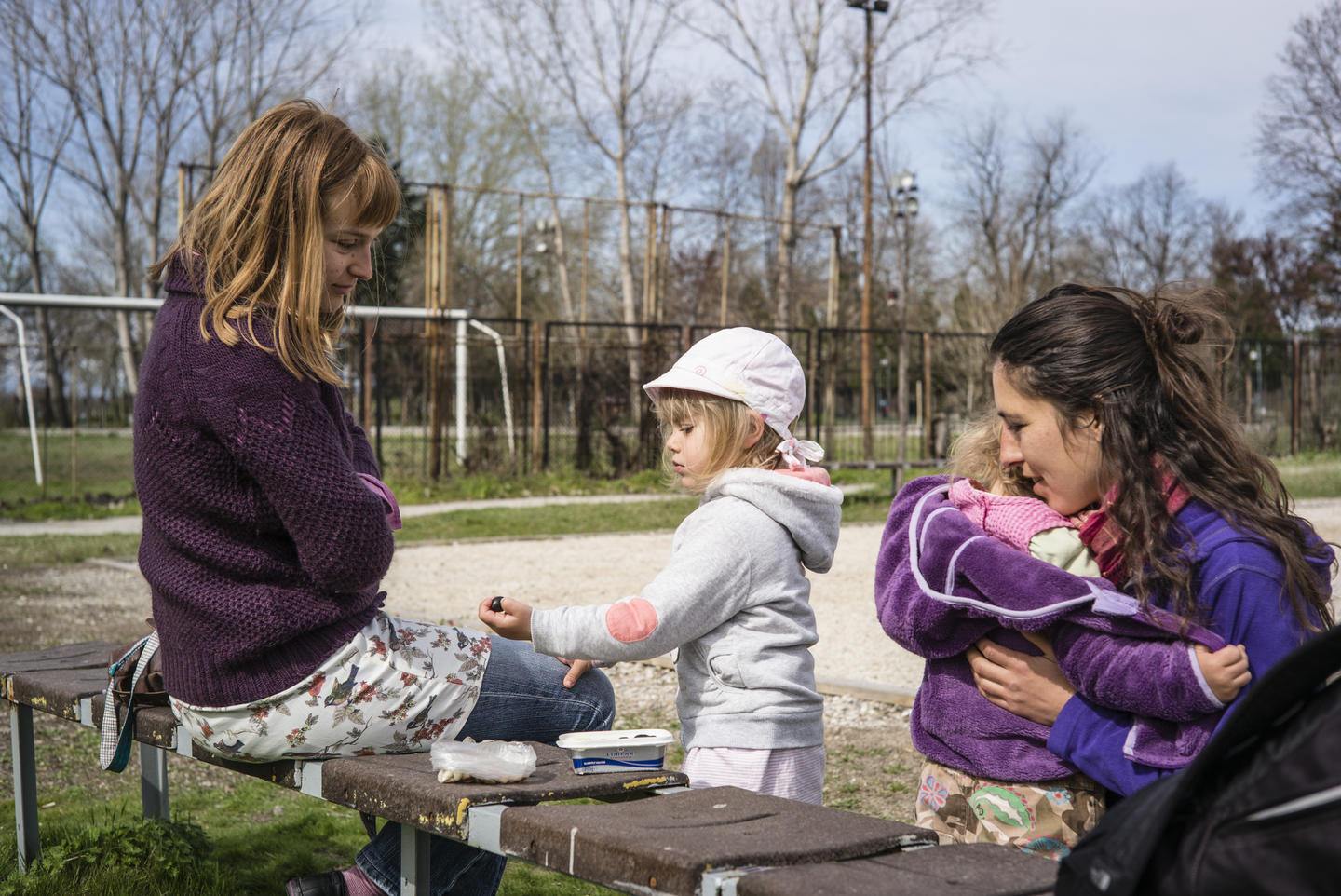Key information about the programme
- The programme is operated by: Ministry of Education and Science in Bulgaria
- The Donor Programme Partner in this programme is: The Norwegian Association of Local and Regional Authorities (KS)
- International Partner Organisation (IPO): Council of Europe (CoE)
- The programme's objective is: Strengthened social and economic cohesion
- The programme funding (excluding co-financing) amounts to 35 million Euros and is funded through the EEA Grants only
Why is the programme needed?
Although the Bulgarian economy has experienced steady growth over the past years and is expected to continue growing, its benefits for the population are yet to be felt. While labour market conditions are slightly improving, unemployment remains high and the economy is performing below its potential. Rapid ageing of the population and migration further reduce the potential for growth. As a result, Bulgaria continues to have one of the highest levels of poverty and income inequality in the EU, hampering economic growth, educational attainment, and employment prospects. Most affected by these challenges are socially and economically marginalised groups such as Roma and other minorities, youth, low-skilled workers, people with disabilities and chronic diseases and people living in rural areas.
The needs assessment, based on a broad consultation, identified complex challenges linked to local development and poverty reduction, children and youth at risk and Roma inclusion and empowerment.
What will the programme achieve and who are the beneficiaries?
The programme will strengthen social and economic cohesion through improving access to services that are vital to the social inclusion of vulnerable children and youth and of Roma communities. The support from the programme will be focused on three areas of intervention.
The first strand will help to unlock development potential in disadvantaged municipalities. The national associations of municipalities in Bulgaria and in Norway will work together to develop, test and promote participative methods for local development based on a strategic approach. A small grant scheme, expected to create 80 new jobs, will provide support to municipalities to test these methods in practice and implement their local development strategies. In addition, the Bulgarian Red Cross will test new community care models by setting up three home care centres in the poorest North-western regions of Bulgaria.
The second strand will focus on the social inclusion of children and youth at risk. An open call will support local authorities to set up 40 new nurseries and kindergartens serving around 400 children in the poorest regions. Further to expanding the scope of activities in the four your centres set up in the previous period of the EEA/Norway Grants, four new youth centres will be set up across Bulgaria to create infrastructure for activities that help engage an additional 5,000 youth at risk. To help reach out more effectively to vulnerable children and youth, the Council of Europe and two Bulgarian ministries will collaborate to create a framework for the training of youth workers, youth centre managers, kindergarten staff and Roma education mediators.
The third strand will support the social inclusion and empowerment of Roma in Bulgaria. The National Statistical Institute will team up with the EU Fundamental Rights Agency (FRA) to improve the availability and quality of data on vulnerable groups. This should help to better target social inclusion policies and funding. Building on the results of this project, an open call will support integrated measures in disadvantaged municipalities with large Roma communities. The projects are expected to improve the access of 800 Roma to social inclusion services and reach out to 1600 people through awareness raising campaigns.
How will the programme strengthen bilateral relations?
The programme will strengthen bilateral relations between Bulgaria and the Donor States though encouraging project partnerships between Donor State and Bulgarian entities. These partnerships can strengthen the results of the projects, allow for mutual learning and create long-lasting cooperation between the involved partners.
Availability of funding through open calls
Funding will be made available through open call for proposals, small grant schemes, and a restricted call. Calls will be launched according to the following schedule:
- Restricted call: "Increased social and economic development in disadvantaged municipalities" - Third quarter 2019
- Call 1: "Enhancing social inclusion of children and youth" - Fourth quarter 2019
- Call 2: “Enhancing social inclusion of children and youth” - Third quarter 2019
- Call 3: “Enhancing social inclusion and empowerment of Roma” - Second semester 2020
- Small grant scheme “Increased social and economic development in disadvantaged municipalities” - Second semester 2020
Download the full programme agreement for more detailed information about the programme
More information can also be found on the programme's website and on the Donor Programme Partner's website: the Norwegian Association of Local and Regional Authorities
